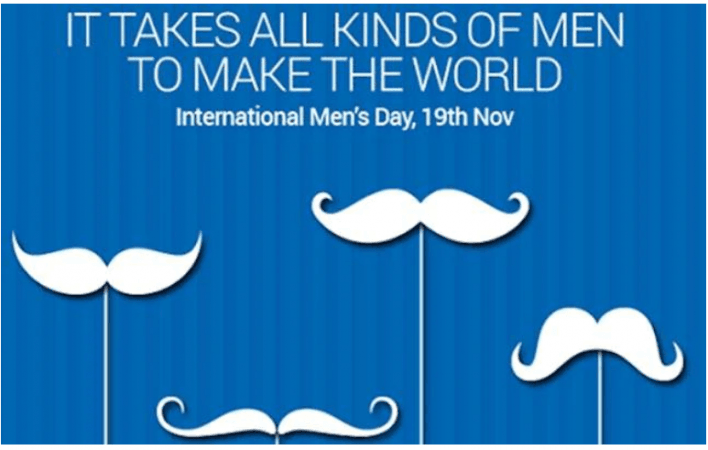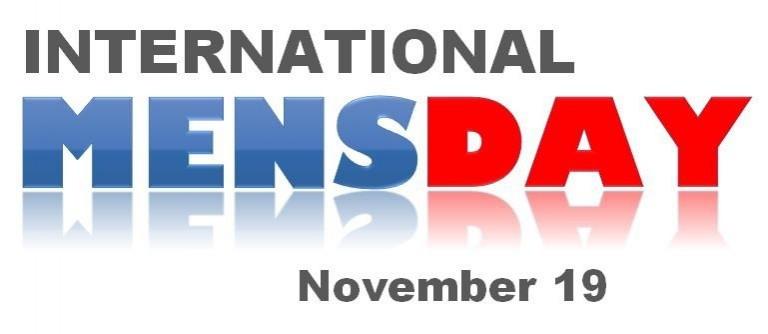
With the world going a little bit gaga over International Women's Day on March 8, a new trend surprisingly cropped up everywhere with questions about International Men's Day. While most people are not even aware of the day's existence, every year, International Men's Day is celebrated on November 19 around the world.
Inaugurated on February 7, 1992, by Thomas Oaster and again re-initialised in 1999 by Dr Jerome Teelucksingh, a history lecturer at University of the West Indies, in Trinidad Tabago, the day celebrates the achievements and contributions of men in various strata of life, and the need to promote awareness for their well-being and health. Every year, different themes are created to recognise and validate gender. However, it is yet to be validated by the UN.
Why do we celebrate IMD?

Celebrated in more than 70 countries across the globe, IMD is observed to recognise the positive value men bring to the world, their families and communities. Like women, some of the challenges that men face on a daily basis are not too different. They include abuse, trauma, cancer, and an alarmingly high suicide rate.
Interestingly, November is also often coined as Movember - a month where men are encouraged to grow their facial hair naturally to promote awareness and conversations about prostate and testicular cancer, mental health, and suicide prevention.
According to the Centre for Disease Control and Prevention, men are statistically far less likely to be diagnosed and treated for mental health issues. As a result, they are far more likely to die from suicide than women.
Unfortunately today, we as a society are plagued by certain stereotypes that often hinder the way we look at men. From being seen as 'perpetrators of crimes' to being a 'toxic masculine' (a phrase that is all the rage currently), we are at times blinded by our own notions. Thus, we forget at times, how difficult it is to at times be a man too. From being expected to provide for the family, look after the woman, to be self-dependent very early on, men face societal pressures too.
More often than not, we expect them to never buckle under pressure, and even if they do, withhold from talking about it. 'Men don't cry' is another popular, yet disturbing coinage.
Ultimately, it is important to acknowledge the contributions of men. While empowering women is crucial, it's important to remember that a world without men, would be equally cumbersome, as well.

















